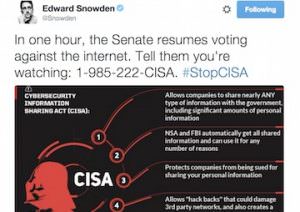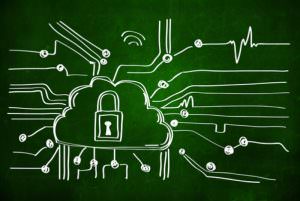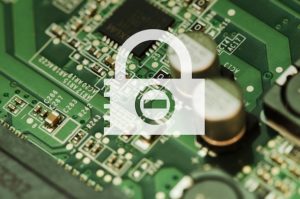Dead Spying Legislation Returns With Help From Big Business (Video)
The Cyber Intelligence Sharing and Protection Act failed after Edward Snowden’s revelations of mass government spying. But today it’s back, largely unchanged, and President Obama is expected to reverse his opposition to it. Mataparda (CC BY 2.0)
Mataparda (CC BY 2.0)
The Cyber Intelligence Sharing and Protection Act failed after Edward Snowden’s revelations of mass government spying. But today it’s back, largely unchanged, as the Cybersecurity Information Sharing Act—and President Obama is expected to reverse his opposition to it.
Lee Fang reports at The Intercept:
For all its appeal to corporations, CISA represents a major new privacy threat to individual citizens. It lays the groundwork for corporations to feed massive amounts of communications to private consortiums and the federal government, a scale of cooperation even greater than that revealed by Snowden. The law also breaks new ground in suppressing pushback against privacy invasions; in exchange for channeling data to the government, businesses are granted broad legal immunity from privacy lawsuits — potentially leaving consumers without protection if companies break privacy promises that would otherwise keep information out of the hands of authorities.
Ostensibly, CISA is supposed to help businesses guard against cyber attacks by sharing information on threats with one another and with the government. Attempts must be made to filter personal information out of the pool of data that is shared. But the legislation — at least as marked up by the Senate Intelligence Committee — provides an expansive definition of what can be construed as a cyber security threat, including any information for responding to or mitigating “an imminent threat of death, serious bodily harm, or serious economic harm,” or that is potentially related to threats relating to weapons of mass destruction, threats to minors, identity theft, espionage, protection of trade secrets, and other possible offenses. Asked at a hearing in February how quickly such information could be shared with the FBI, CIA, or NSA, Deputy Undersecretary for Cybersecurity Phyllis Schneck replied, “fractions of a second.” …
The partnership between leading corporate lobbyists and the intelligence community was on full display at a cyber security summit hosted by the U.S. Chamber of Commerce a few days before the midterm election last year, in which NSA director Admiral Mike Rogers asked a room filled with business representatives for support in passing laws like CISA. At one point, Ann Beauchesne, the lead homeland security lobbyist with the U.S. Chamber of Commerce, asked Rogers, “How can the chamber be helpful to you?” — even suggesting a viral marketing campaign akin to the “ALS ice bucket challenge” to build public support. Watch the exchange below:
Read more here.
— Posted by Alexander Reed Kelly.
Your support matters…Independent journalism is under threat and overshadowed by heavily funded mainstream media.
You can help level the playing field. Become a member.
Your tax-deductible contribution keeps us digging beneath the headlines to give you thought-provoking, investigative reporting and analysis that unearths what's really happening- without compromise.
Give today to support our courageous, independent journalists.





